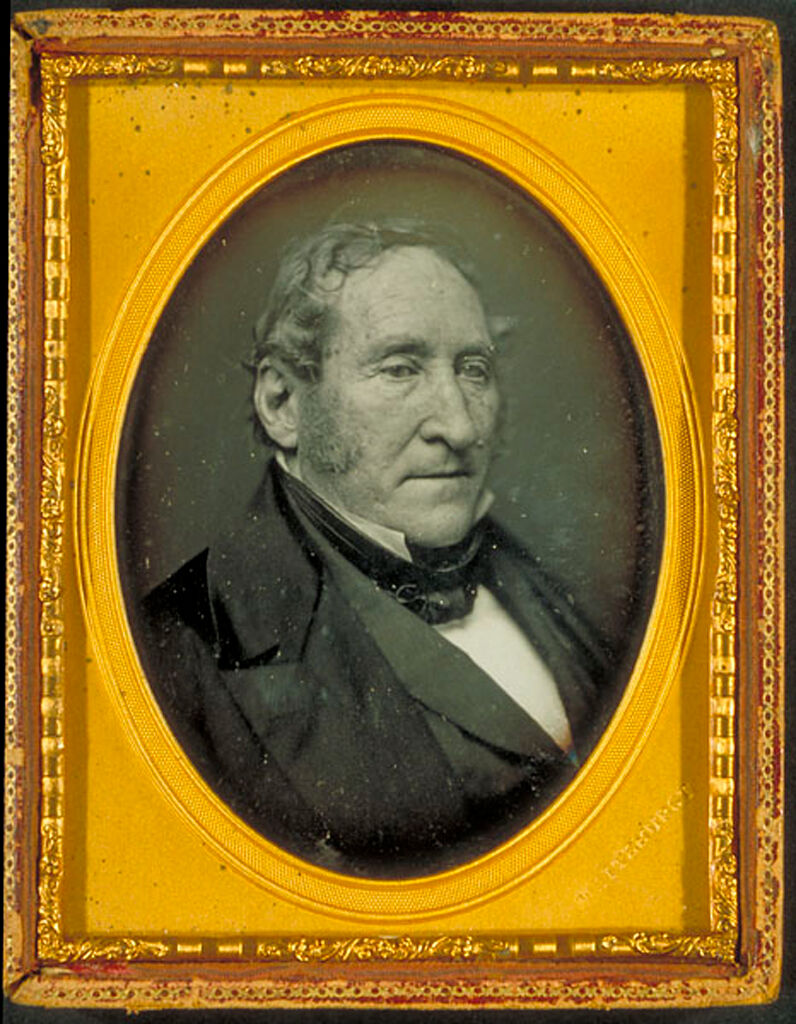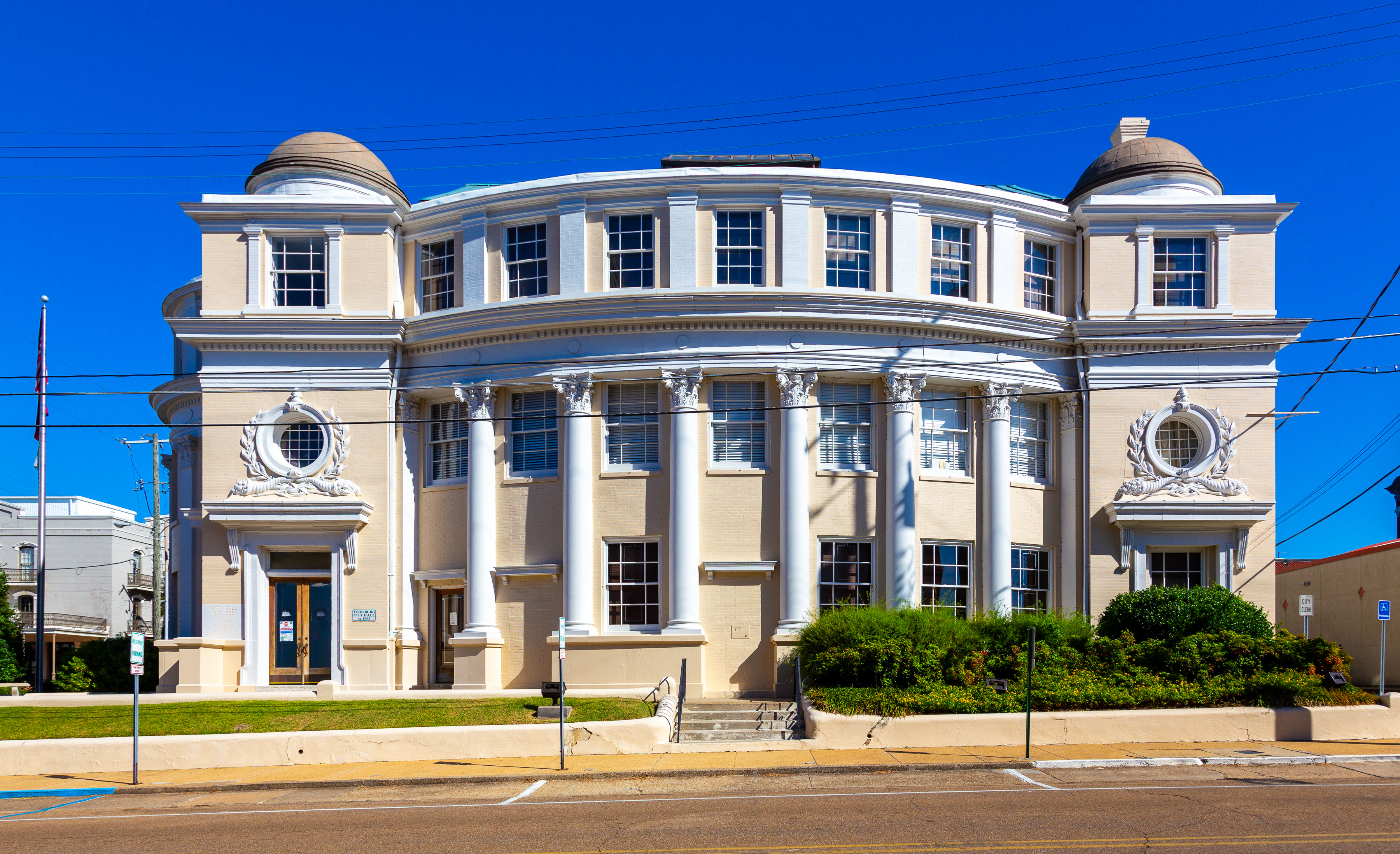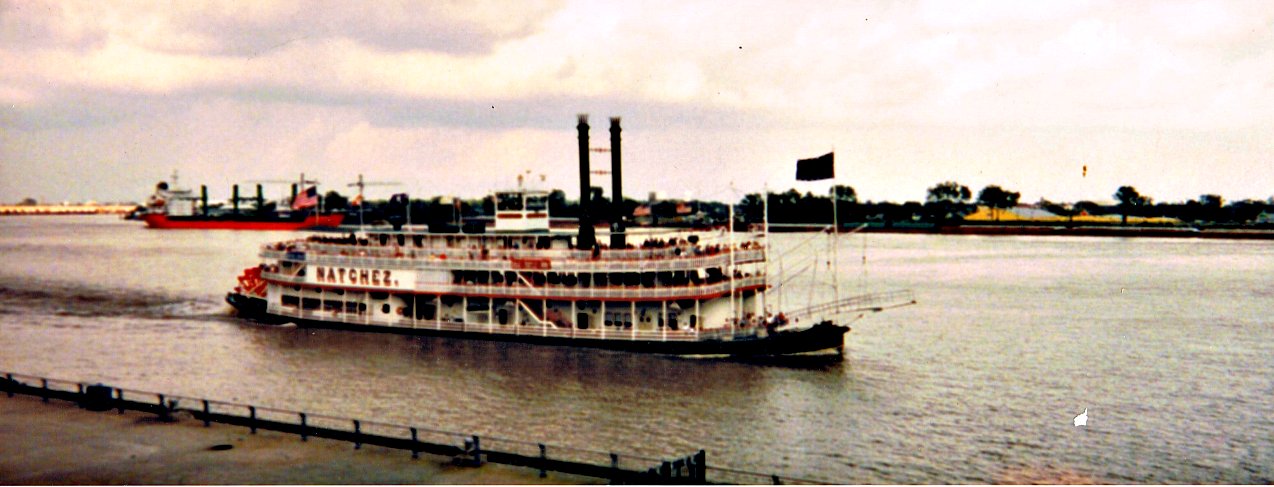|
Henry S. Foote
Henry Stuart Foote (February 28, 1804May 19, 1880) was a United States Senator from Mississippi and the chairman of the United States Senate Committee on Foreign Relations from 1847 to 1852. He was a Unionist Governor of Mississippi from 1852 to 1854, and an American Party supporter in California. During the American Civil War, he served in the First and Second Confederate Congresses. A practicing attorney, he published two memoirs related to the Civil War years, as well as a book on Texas prior to its annexation, and a postwar book on the legal profession and courts in the South. Early life Henry S. Foote was born on February 28, 1804, in Fauquier County, Virginia. He was the son of Richard Helm Foote and Catherine (Stuart) Foote. He pursued classical studies in 1819 and graduated from Washington College (now Washington and Lee University). He later studied the Law and was admitted to the bar in 1822. Career Foote moved to Alabama in 1824, where he began his law practice in Tu ... [...More Info...] [...Related Items...] OR: [Wikipedia] [Google] [Baidu] |
James Whitfield (Mississippi)
James Whitfield (December 15, 1791 – June 25, 1875) was an American politician. He served as the Governor of Mississippi from November 24, 1851 to January 10, 1852. He also served in both houses of the Mississippi Legislature. Background He served until United States Senator Henry S. Foote, who had been elected governor, could complete his service in the Senate and resign from that body. Whitfield was a Democrat. He donated of land in the northern part of the state to facilitate the creation of what is simultaneously the state's largest psychiatric facility and hospital, now known as Mississippi State Hospital. His Columbus, Mississippi plantation was sold in 1852 to Thomas Carleton Billups and is known today as The Billups Whitfield Place. In the same year he built a house in Columbus which is known as Snowdoun and is featured annually on the local tour of homes. It was here that Jefferson Davis stayed while campaigning across the state for the U.S. Senate. He gave ... [...More Info...] [...Related Items...] OR: [Wikipedia] [Google] [Baidu] |
Second Confederate Congress
The 2nd Confederate States Congress, consisting of the Confederate States Senate and the Confederate States House of Representatives, met from May 2, 1864, to March 18, 1865, during the last year of Jefferson Davis's presidency, at the Virginia State Capitol in Richmond, Virginia; the Confederacy's government effectively dissolved 16 days later, when it fled Richmond on April 3, 1865. Its members were elected in the 1863 congressional elections. Sessions Held May 2, 1864, through March 18, 1865, at the Virginia State Capital in Richmond, Virginia. The term of the Second Congress was due to end on February 18, 1866. However, due to the defeat and dissolution of the Confederacy prior to that time, the Congress did not function after the end of its second and final session. * 1st Session – May 2, 1864 to June 14, 1864 * 2nd Session – November 7, 1864 to March 18, 1865 Leadership Senate * President: Alexander H. Stephens * President pro tempore: R. M. T. Hunter Ho ... [...More Info...] [...Related Items...] OR: [Wikipedia] [Google] [Baidu] |
John A
Sir John Alexander Macdonald (January 10 or 11, 1815 – June 6, 1891) was the first prime minister of Canada, serving from 1867 to 1873 and from 1878 to 1891. The dominant figure of Canadian Confederation, he had a political career that spanned almost half a century. Macdonald was born in Scotland; when he was a boy his family immigrated to Kingston in the Province of Upper Canada (today in eastern Ontario). As a lawyer, he was involved in several high-profile cases and quickly became prominent in Kingston, which elected him in 1844 to the legislature of the Province of Canada. By 1857, he had become premier under the colony's unstable political system. In 1864, when no party proved capable of governing for long, Macdonald agreed to a proposal from his political rival, George Brown, that the parties unite in a Great Coalition to seek federation and political reform. Macdonald was the leading figure in the subsequent discussions and conferences, which resulted in th ... [...More Info...] [...Related Items...] OR: [Wikipedia] [Google] [Baidu] |
Jefferson Davis
Jefferson F. Davis (June 3, 1808December 6, 1889) was an American politician who served as the president of the Confederate States from 1861 to 1865. He represented Mississippi in the United States Senate and the House of Representatives as a member of the Democratic Party before the American Civil War. He had previously served as the United States Secretary of War from 1853 to 1857 under President Franklin Pierce. Davis, the youngest of ten children, was born in Fairview, Kentucky. He grew up in Wilkinson County, Mississippi, and also lived in Louisiana. His eldest brother Joseph Emory Davis secured the younger Davis's appointment to the United States Military Academy. After graduating, Jefferson Davis served six years as a lieutenant in the United States Army. He fought in the Mexican–American War (1846–1848) as the colonel of a volunteer regiment. Before the American Civil War, he operated in Mississippi a large cotton plantation which his brother Joseph had given ... [...More Info...] [...Related Items...] OR: [Wikipedia] [Google] [Baidu] |
Thomas Hart Benton (politician)
Thomas Hart Benton (March 14, 1782April 10, 1858), nicknamed "Old Bullion", was a United States Senator from Missouri. A member of the Democratic Party, he was an architect and champion of westward expansion by the United States, a cause that became known as Manifest Destiny. Benton served in the Senate from 1821 to 1851, becoming the first member of that body to serve five terms. Benton was born in Harts Mill, Orange County, North Carolina. After graduating from the University of North Carolina, he established a law practice and plantation near Nashville, Tennessee. He served as an aide to General Andrew Jackson during the War of 1812 and settled in St. Louis, Missouri, after the war. Missouri became a state in 1821, and Benton won election as one of its inaugural pair of United States Senators. The Democratic-Republican Party fractured after 1824, and Benton became a Democratic leader in the Senate, serving as an important ally of President Jackson and President Martin Van ... [...More Info...] [...Related Items...] OR: [Wikipedia] [Google] [Baidu] |
Compromise Of 1850
The Compromise of 1850 was a package of five separate bills passed by the United States Congress in September 1850 that defused a political confrontation between slave and free states on the status of territories acquired in the Mexican–American War. It also set Texas' western and northern borders and included provisions addressing fugitive slaves and the slave trade. The compromise was designed by Whig senator Henry Clay and Democratic senator Stephen A. Douglas, with the support of President Millard Fillmore. The component acts: * approved California’s request to enter the Union as a free state * strengthened fugitive slave laws with the Fugitive Slave Act of 1850 * banned the slave trade in Washington, D.C. (while still allowing slavery itself there) * defined northern and western borders for Texas while establishing a territorial government for the Territory of New Mexico, with no restrictions on whether any future state from this territory would be free or sl ... [...More Info...] [...Related Items...] OR: [Wikipedia] [Google] [Baidu] |
Texas
Texas (, ; Spanish: ''Texas'', ''Tejas'') is a state in the South Central region of the United States. At 268,596 square miles (695,662 km2), and with more than 29.1 million residents in 2020, it is the second-largest U.S. state by both area (after Alaska) and population (after California). Texas shares borders with the states of Louisiana to the east, Arkansas to the northeast, Oklahoma to the north, New Mexico to the west, and the Mexican states of Chihuahua, Coahuila, Nuevo León, and Tamaulipas to the south and southwest; and has a coastline with the Gulf of Mexico to the southeast. Houston is the most populous city in Texas and the fourth-largest in the U.S., while San Antonio is the second most populous in the state and seventh-largest in the U.S. Dallas–Fort Worth and Greater Houston are, respectively, the fourth- and fifth-largest metropolitan statistical areas in the country. Other major cities include Austin, the second most populous s ... [...More Info...] [...Related Items...] OR: [Wikipedia] [Google] [Baidu] |
Raymond, Mississippi
Raymond is a city in Hinds County, Mississippi, United States. As of the 2010 census, the city population was 1,933; in 2020, its population was 1,960. Raymond is one of two county seats of Hinds County (along with Jackson) and is the home of the main campus of Hinds Community College. Raymond is part of the Jackson metropolitan statistical area. History In 1829, three commissioners, including John B. Peyton, were appointed by U.S. President Andrew Jackson to find a place near the center of Hinds County for the county seat. The current location of Raymond is a ridge about a mile from the center of the county, and was selected because the actual center was low and subject to flooding. The town of Raymond received its charter from the Mississippi legislature on December 15, 1830. Because of its status as a seat of justice and its proximity to the Natchez Trace, Raymond developed quickly into a prosperous small town whose prosperity and small size have continued to this day. In th ... [...More Info...] [...Related Items...] OR: [Wikipedia] [Google] [Baidu] |
Vicksburg, Mississippi
Vicksburg is a historic city in Warren County, Mississippi, United States. It is the county seat, and the population at the 2010 census was 23,856. Located on a high bluff on the east bank of the Mississippi River across from Louisiana, Vicksburg was built by French colonists in 1719, and the outpost withstood an attack from the native Natchez people. It was incorporated as Vicksburg in 1825 after Methodist missionary Newitt Vick. During the American Civil War, it was a key Confederate river-port, and its July 1863 surrender to Ulysses S. Grant, along with the concurrent Battle of Gettysburg, marked the turning-point of the war. The city is home to three large installations of the United States Army Corps of Engineers, which has often been involved in local flood control. Status Vicksburg is the only city in, and the county seat of, Warren County, Mississippi, United States. It is located northwest of New Orleans at the confluence of the Mississippi and Yazoo rivers, ... [...More Info...] [...Related Items...] OR: [Wikipedia] [Google] [Baidu] |
Natchez, Mississippi
Natchez ( ) is the county seat of and only city in Adams County, Mississippi, United States. Natchez has a total population of 14,520 (as of the 2020 census). Located on the Mississippi River across from Vidalia in Concordia Parish, Louisiana, Natchez was a prominent city in the antebellum years, a center of cotton planters and Mississippi River trade. Natchez is some southwest of Jackson, the capital of Mississippi, which is located near the center of the state. It is approximately north of Baton Rouge, Louisiana, located on the lower Mississippi River. Natchez is the 25th-largest city in the state. The city was named for the Natchez tribe of Native Americans, who with their ancestors, inhabited much of the area from the 8th century AD through the French colonial period. History Established by French colonists in 1716, Natchez is one of the oldest and most important European settlements in the lower Mississippi River Valley. After the French lost the French and Ind ... [...More Info...] [...Related Items...] OR: [Wikipedia] [Google] [Baidu] |
Jackson, Mississippi
Jackson, officially the City of Jackson, is the capital of and the most populous city in the U.S. state of Mississippi. The city is also one of two county seats of Hinds County, along with Raymond. The city had a population of 153,701 at the 2020 census, down from 173,514 at the 2010 census. Jackson's population declined more between 2010 and 2020 (11.42%) than any major city in the United States. Jackson is the anchor for the Jackson metropolitan statistical area, the largest metropolitan area completely within the state. With a 2020 population estimated around 600,000, metropolitan Jackson is home to over one-fifth of Mississippi's population. The city sits on the Pearl River and is located in the greater Jackson Prairie region of Mississippi. Founded in 1821 as the site for a new state capital, the city is named after General Andrew Jackson, who was honored for his role in the Battle of New Orleans during the War of 1812 and would later serve as U.S. president. Fol ... [...More Info...] [...Related Items...] OR: [Wikipedia] [Google] [Baidu] |
University Of North Alabama
The University of North Alabama (UNA) is a public university in Florence, Alabama. It is the state's oldest public university. Occupying a campus in a residential section of Florence, UNA is located within a four-city area that also includes Tuscumbia, Sheffield and Muscle Shoals. The four cities compose a metropolitan area with a combined population of 140,000 people. The University of North Alabama was founded as LaGrange College in 1830. It was reestablished in 1872 as the first state-supported teachers college south of the Ohio River. A year later, it became one of the nation's first coeducational colleges. History LaGrange College opened on January 11, 1830, in a mountain hamlet a few miles south of Leighton in northeast Colbert County, Alabama. LaGrange means "The Barn" in French. Twenty-one local college trustees were listed in Acts of Alabama, Eleventh Annual Session. The town of LaGrange and its college were sacked and burned by Union troops in 1863. But ... [...More Info...] [...Related Items...] OR: [Wikipedia] [Google] [Baidu] |








